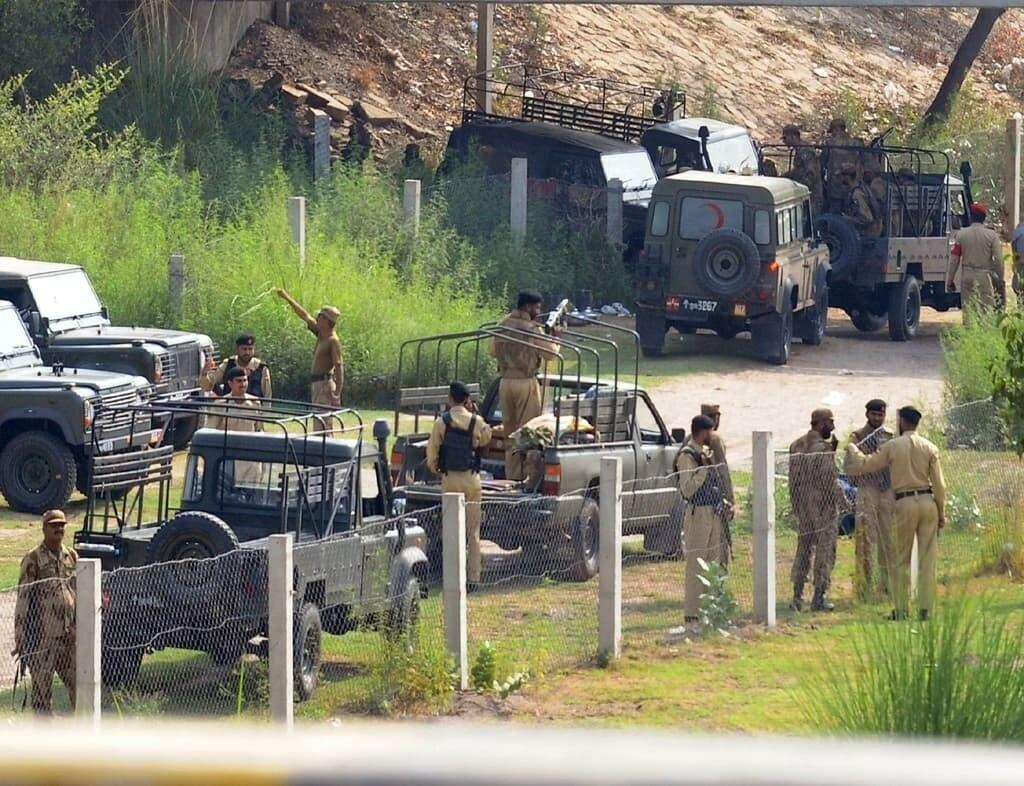
India’s extensive drone incursions into Pakistan on May 8 were a desperate and reckless attempt to salvage its bruised ego after the downing of its fighter jets. Rather than achieving any meaningful strategic gains, these provocations only heightened tensions, caused civilian casualties, and disrupted daily life in Pakistan—including flight schedules and the Pakistan Super League. Despite deploying numerous drones, India’s campaign failed spectacularly, with Pakistan swiftly neutralizing 35 of them.
Fabricated Narratives and Media Hysteria
In the aftermath, India resorted to blatant misinformation, falsely alleging intercepted Pakistani missile and drone attacks in occupied Kashmir, Punjab, and Rajasthan. Pakistan promptly dismissed these claims as a transparent effort to paint itself as the victim while casting Pakistan as the aggressor. Meanwhile, sections of the Indian media—both fringe and mainstream—indulged in dangerous propaganda, spreading absurd claims ranging from downed Pakistani jets to imaginary naval strikes on Karachi. This relentless disinformation has warped public perception in India, making de-escalation even more challenging.
India’s Dangerous Escalation Playbook
India’s actions suggest a deliberate strategy to provoke Pakistan—either into full-scale conflict or a controlled confrontation that could be spun into a manufactured "victory" for domestic consumption. However, history has shown that India cannot overpower Pakistan in a conventional war without risking catastrophic escalation. Any attempt to dominate through military means carries the peril of nuclear consequences, which must remain unthinkable.
Even India’s non-military coercive measures—such as undermining the Indus Waters Treaty or interfering with Pakistan’s IMF program—are unlikely to achieve their intended goals. Its heavy-handed policies in IIOJK, including the revocation of Article 370, have only fueled unrest, proving that repression breeds resistance, not stability. The backlash in the region is a direct result of India’s own actions, not Pakistan’s.
The Unresolved Kashmir Issue
No amount of military posturing can erase the root cause of tensions: the unresolved Kashmir dispute. India’s temporary tactical gains will not bring lasting peace to IIOJK unless there is a genuine, politically negotiated settlement acceptable to all stakeholders—Pakistan, India, and the Kashmiri people. Military force has failed; dialogue is the only viable path forward.
The Imperative for Restraint and Diplomacy
While the international community’s efforts to de-escalate have been insufficient, sustained diplomatic pressure is crucial to prevent further deterioration. India must abandon its illusion of coercive dominance, and Pakistan must remain steadfast in defending its sovereignty, territorial integrity, and economic interests. The region stands at a crossroads: the choice is between dialogue and restraint or a perilous descent into irreversible conflict. The time for responsible statesmanship is now.


